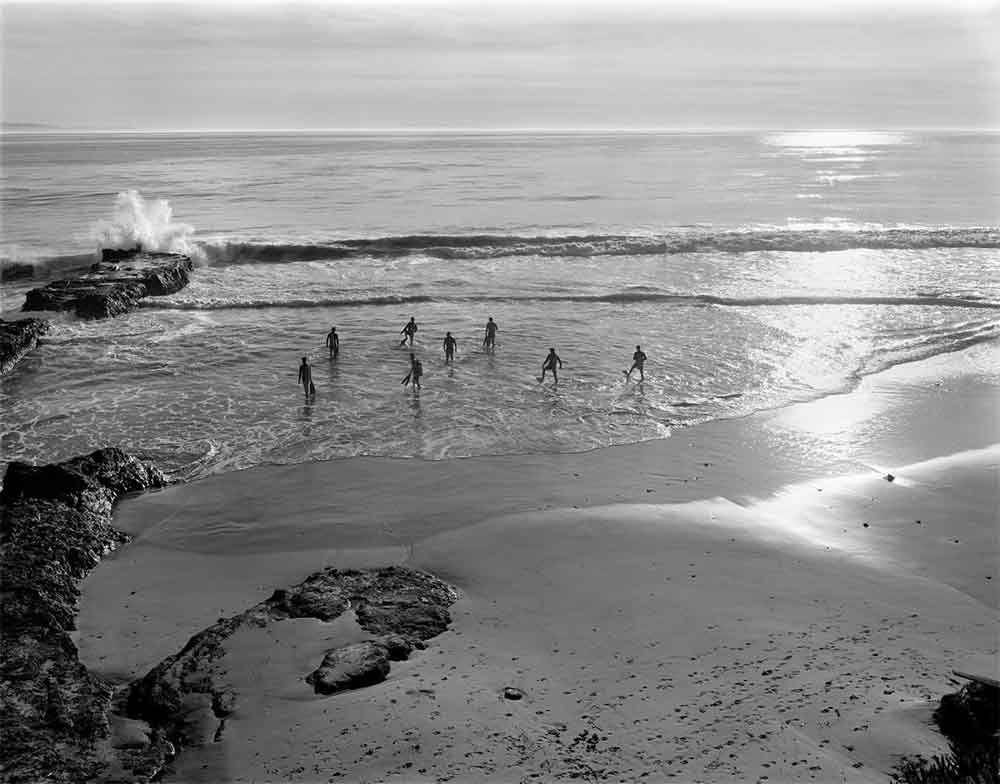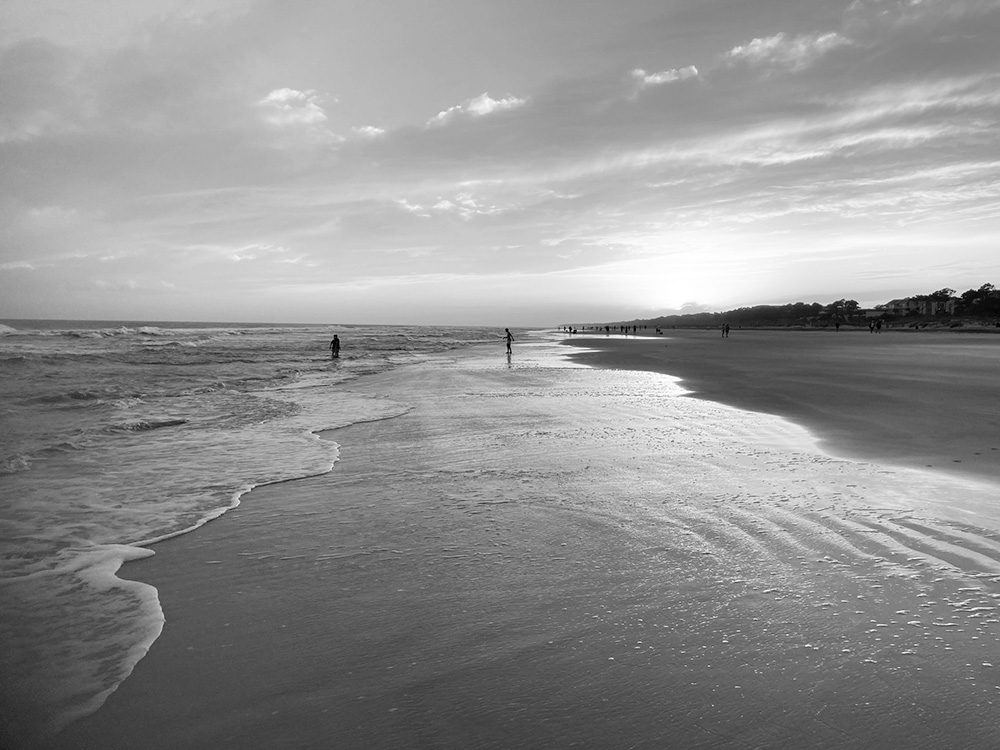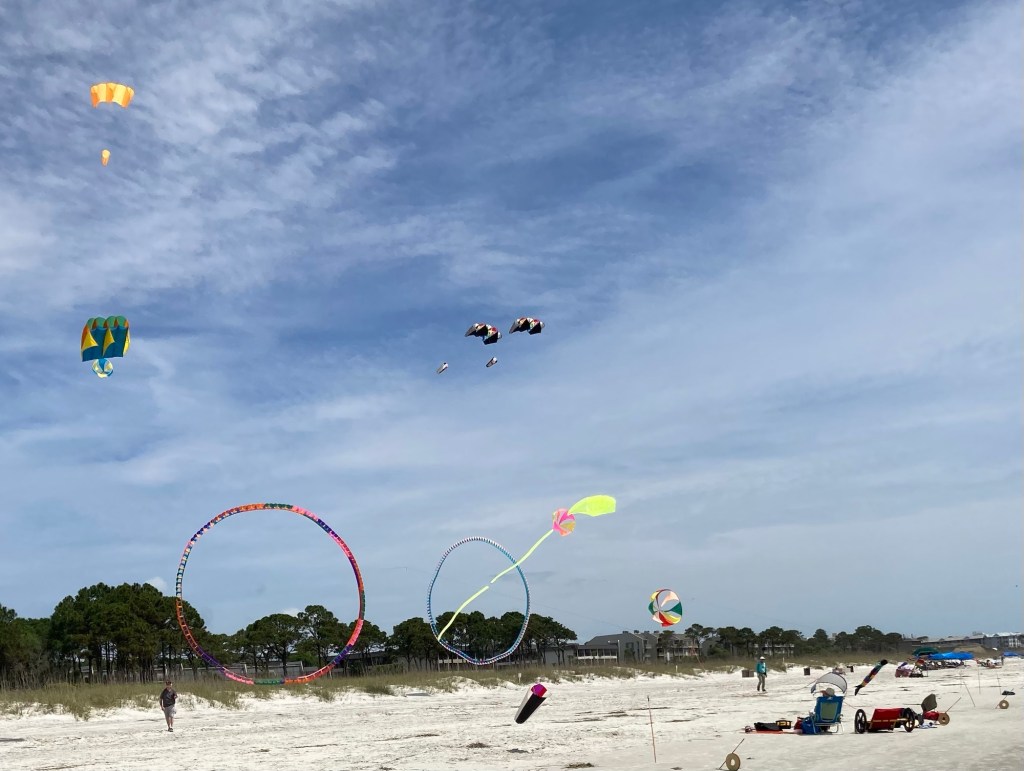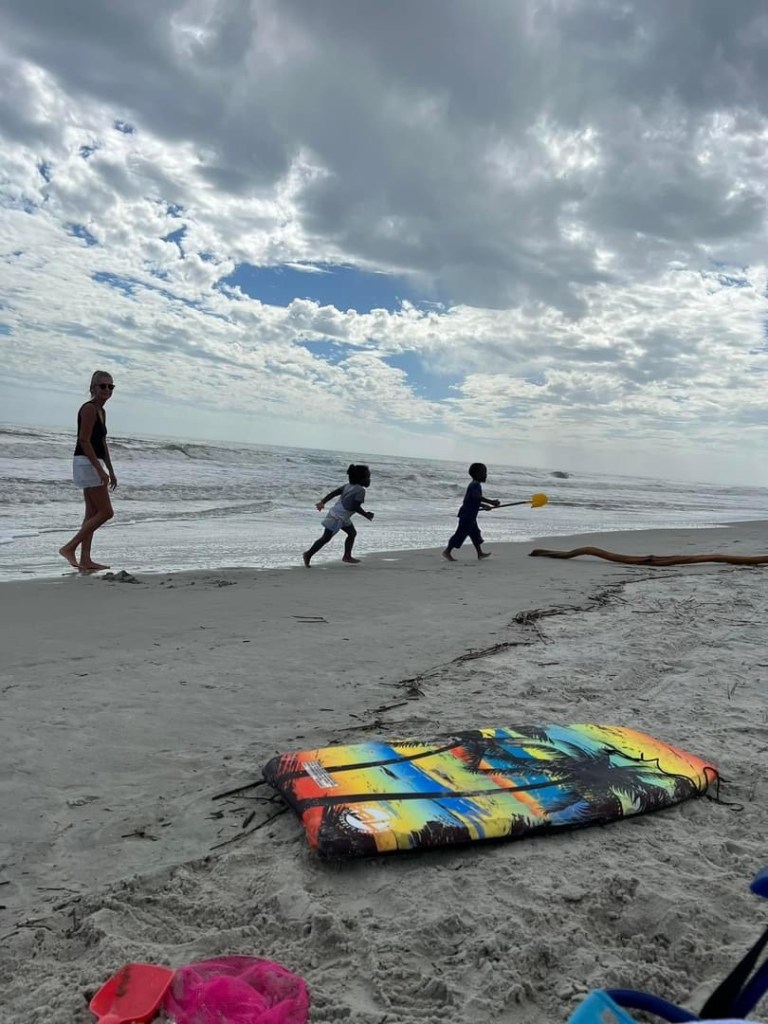where clouds are going
discover dreams never knew
sky above is blue

Adapted from the song, Flora by Enya.
Lovers in the long grass
Look above them
Only they can see
Where the clouds are going
Only to discover
Dust and sunlight
Ever make the sky so blue
Afternoon is hazy
River flowing
All around the sounds
Moving closer to them
Telling them the story
Told by Flora
Dreams they never knew
Silver willows
Tears from Persia
Those who come
From a far-off island
Winter Chanterelle lies
Under cover
Glory of the sun in blue
Some they know as passion
Some as freedom
Some they know as love
And the way it leaves them
Summer snowflake
For a season
When the sky above is blue
When the sky above is blue
Lying in the long grass
Close beside her
Giving her the name
Of the one the moon loves
This will be the day she
Will remember
When she knew his heart was
Loving in the long grass
Close beside her
Whispering of love
And the way it leaves them
Lying in the long grass
In the sunlight
They believe it’s true love
And from all around them
Flora’s secret
Telling them of love
And the way it breathes, and
Looking up from eyes of
Amarantine
They can see the sky is blue
Knowing that their love is true
Dreams they never knew
And the sky above is blue





